Property Litigation Representation: Experienced Lawyers
Property is more than land or a building. It represents security, hard work, family legacy, and financial stability. Therefore, when disputes arise,…
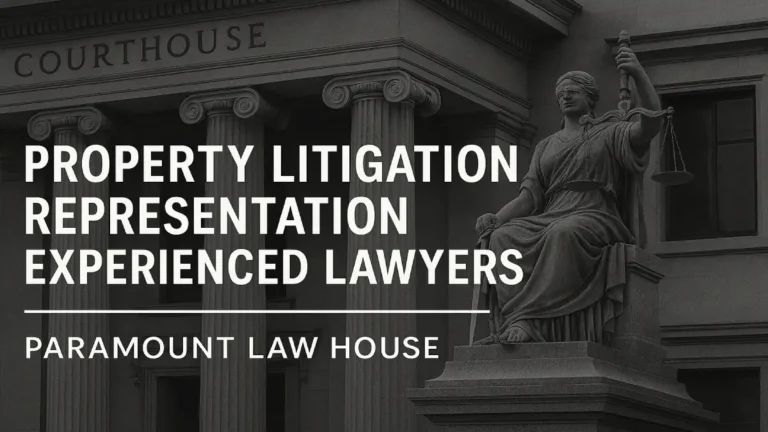
Property is more than land or a building. It represents security, hard work, family legacy, and financial stability. Therefore, when disputes arise,…
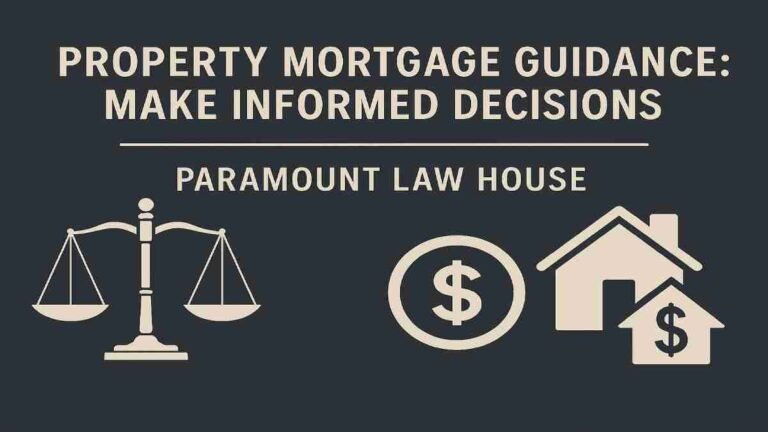
Buying property is one of the most significant financial decisions a person can make. For many individuals, taking a mortgage becomes a…
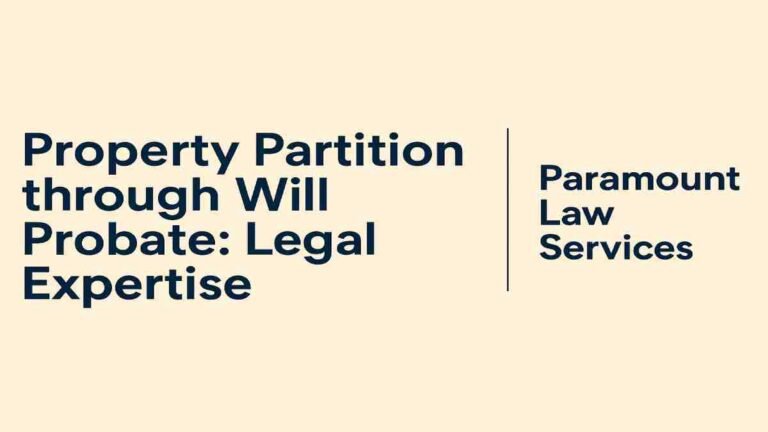
Property Partition through Will Probate – Property disputes often arise after the death of a family member, particularly when multiple heirs are…
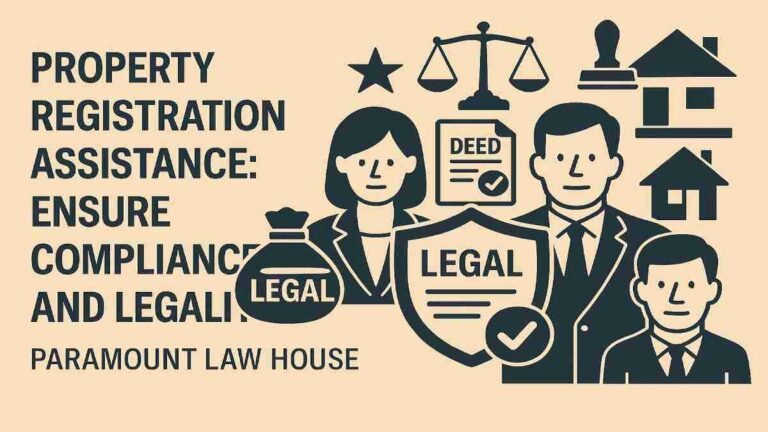
Buying or selling property is one of the most important decisions in life. Whether it is a home, land, or commercial space,…

Property Sale in Pagdi System – Property transactions in India are often complex, especially when traditional systems are involved. One such unique…

In today’s global economy, Indian individuals and companies are increasingly investing abroad. Whether it is setting up a subsidiary, acquiring shares in…
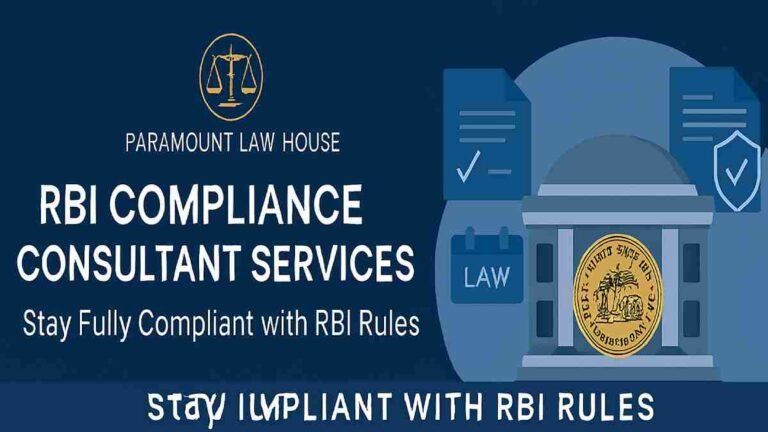
In today’s regulated financial environment, compliance with the Reserve Bank of India is not optional. Whether you are an individual, a business,…
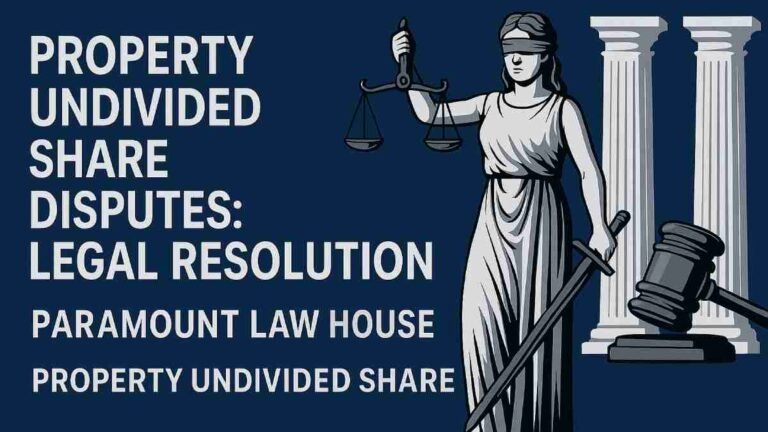
Property ownership in India can be complicated, especially when the property includes an Undivided Share (UDS). Many people buy apartments or land…

Real estate transactions can be exciting, especially when you are buying or selling a property. However, they can also be confusing, risky,…

Real estate is one of the most important investments in anyone’s life. Whether you are buying your first home, selling commercial property,…